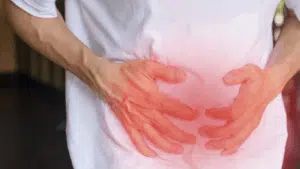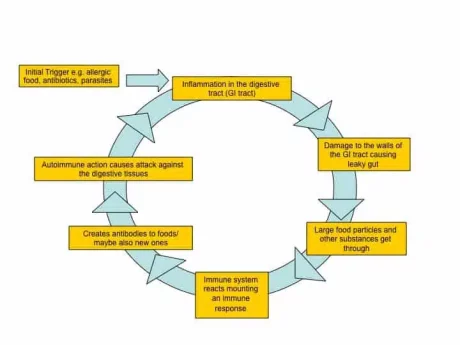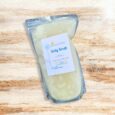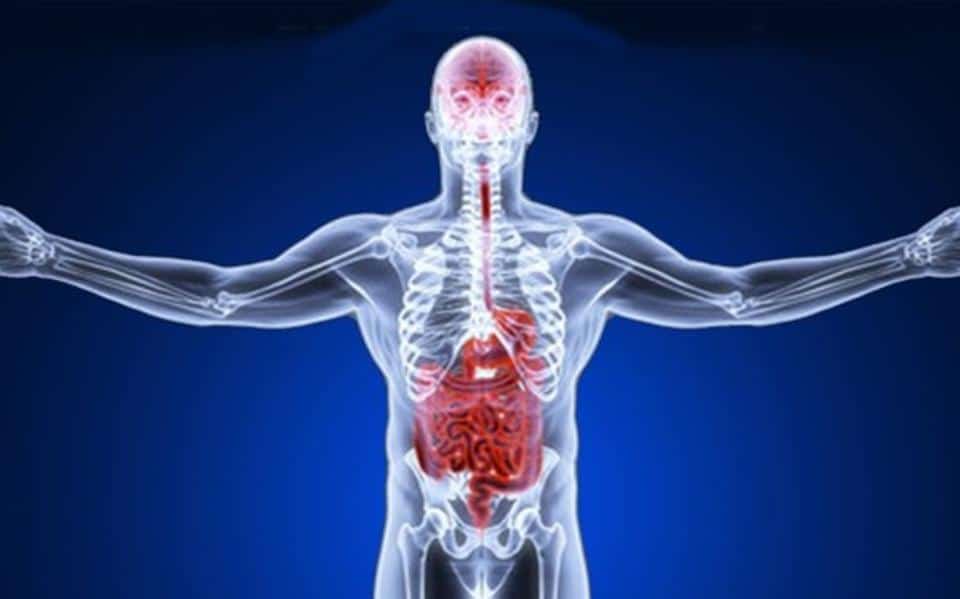
Can I Get Off the Meds? Breaking the Vicious Cycle
Having committed to writing an article for the Crohns and Colitis Support Group (CCSG) I was looking in the website chat room at a conversation entitled “Can I get off the meds?” I was heartened to see the article (and steal the title) as had planned to write an editorial to share the success of clients who have been able to come off their medications. Where people in the chat room were discussing dietary changes and supplements they had discovered from visits to their naturopaths, it is important to say that everyone is unique and will have their own products and diets back to health. We don’t call it holistic medicine for nothing, as the idea is to look at the person as a whole and not just at their symptoms.
What I would like to offer you is an overall strategic approach that I have used to get clients off their prescription medication and back to good health. It is worth noting here that I have never taken anyone off their medications, they have chosen to do this themselves or have been recommended to stop by their specialist.
Below is a diagram that I have constructed to explain how I see the vicious cycle that needs to be broken. I have explained each box in the text below.

Initial Trigger
As you are all well aware no one is 100% sure what triggers IBD (Inflammatory Bowel Disease) in the first place. There are however many recognised antagonists that can start triggering the worsening of the condition such as food allergies, stress, non-beneficial bacterial overgrowth. With treatment we aim to work to remove triggers at this level from starting a cycle of further damage.
Inflammation
So this is the start of the cycle and is of course the main problem with IBD (I guess this is obvious from the title). Inflammation in the walls of the digestive tract leads to pain, malabsorption of nutrients and poor osmosis so water stays in the digestive system causing diarrhoea. It also causes damage to the tissues in the mucosal lining. The digestive system contains 70% of the immune system and provides a physical barrier against the outside world. It is selectively permeable, which means that only small particles of food and water should be able to pass through the walls. If inflammation damages the walls it means that larger particles of food and other substances that would normally not get through, are able to pass into the blood stream. The damage to the walls is commonly known as “Leaky Gut”. When the substances that should not be in the blood stream are found by the immune system, which is on surveillance all the time, it mounts an attack on them. This is where antibodies may be created to new foods or substances. Eventually if the problem goes unchecked over time the immune system becomes over alert and starts to attack the digestive tissues. This of course causes more inflammation and more leaky gut; hence the vicious cycle.
Strategy
Therefore the key management strategy is:
- Work with clients to identify which triggers may be contributing to the cycle and remove them. These may include allergenic or intolerant foods, candida.
- Reduce inflammation to prevent further damage to the digestive system. There are many anti-inflammatory foods, supplements and herbs that can be employed to assist.
- Repair the digestive system and, importantly, restore the immune function of the digestive tract. This may include building up good bacteria, removing parasites, increasing IgA, which provides the first line of immune defence in the digestive system.
- Balance the immune response within the blood stream to stop it over-reacting. There are several supplements and herbs that can help to balance immunity rather than suppressing it.
One client who followed this approach Simon (pseudonym) had come to me after 5 years on immune suppressants. He still suffered from diarrhoea, pain and fatigue, but was able to maintain his weight. He is now 41 and was diagnosed and hospitalised with Crohn’s when he was 18 years old. Simon was very vigilant with dietary changes removing his allergenic foods. He also used digestive repair supplements while at the same time taking high doses of fish oil and anti-inflammatory herbal medicine. Coincidently he saw his specialist three weeks into treatment and was taken off the immune suppressant, which alarmed me as it seemed to be too soon. However there were no negative effects and treatment on high doses of supplements only lasted for 3 months. He now just takes fish oil and has his herbal supplements in case of a flare up.
So in summing up I will let Simon have the final words, which I think are very encouraging. “Through diet and naturopathic remedies, my disease has been in remission for over a year. My specialist could not believe after my last medical that there was no sign of Crohn’s disease. He had to even double check with one of his colleagues as the probability was less that 1% to be in remission for anyone having the disease for over 20 years.” (Simon, 2009)










